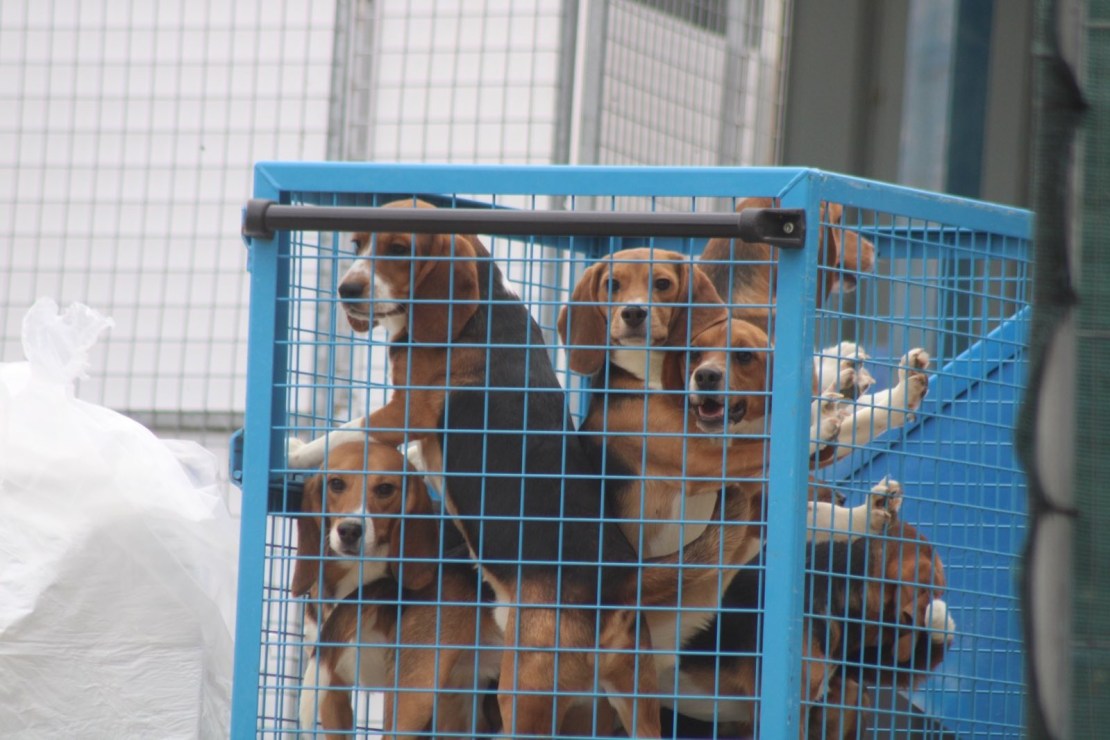
Having hit the 100,000 signature target ahead of time, our petition will almost certainly be debated in parliament! Here’s what you need to know about the process and how you can help to make it happen.
Who are the Petitions Committee?
The Petitions Committee considers petitions for debate and it engages with the public directly.
 | Martyn Day MP Scottish National Party Linlithgow and East Falkirk |
 | Catherine McKinnell MP (Chair) Labour Newcastle upon Tyne North |
 | Tonia Antoniazzi MP Labour Gower |
 | Scott Benton MP Conservative Blackpool South |
 | Marsha De Cordova MP Labour Battersea |
 | Christina Rees MP Labour Neath |
 | Elliot Colburn MP Conservative Carshalton and Wallington |
 | Nick Fletcher MP Conservative Don Valley |
 | Jonathan Gullis MP Conservative Stoke-on-Trent North |
 | Tom Hunt MP Conservative Ipswich |
 | Matt Vickers MP Conservative Stockton South |
If your local MP is Martyn Day or one of the 4 Labour committee members please message us.
So What Can The Committee Do?
The Petitions Committee can:
- put forward petitions for debate
- suggest that another parliamentary Committee look into the topic
- ask for more information from the petitioners, the Government, other people or organisations—in writing or in person (in Parliament or elsewhere in the UK)
- press the Government or another public body to act
- publish reports on petition topics
Supporting Evidence
The petition creator, Maria Iriart, is the first point of contact. She may be invited to take part in a discussion with MPs or government ministers, or to give evidence to a select committee. Should a presentation be required the camp petition team already have offers of assistance from third party professionals including legal and NAMs experts.
The petitions committee can also write to other people or organisations to ask them about the issue raised in the petition. If allowed camp can direct the committee to experts who have already agreed to speak to them.
Before The Debate
IT IS ESSENTIAL WE DO THIS NOW
Using our semi-automatic emailer. It will send a pre-compiled email to your local MP, urging them to attend the debate.
Once the debate is timetabled, we will be sending out more formal briefing to MPs who are known to be supportive of animal issues. We hope they will attend and participate in support of our petition demands.
Debate Hijacking
There is a risk that charities/organisations/campaigns will contact their supporting MPs asking them to speak regarding their own strategic priorities within the debate. These priorities might include the 3Rs, phasing out approaches, or Early Day Motions (EDMs). These strategies have been debated multiple times without success, and do not have our support.
However, MPs must prioritise their constituents’ views above those of charities/organisations/campaigns that they may personally support.
So the more information sheets and briefing documents camp supporters send to their MPs the better. Use the red button above!
Our Aims for this Debate
Using evidence from experts in the field of NAMS, we aim to make clear that for every proposed (and actual) use of animals, an independent NAMs Committee, could demonstrate that:
- the odds of the findings in animals being sufficiently and reliably human relevant are negligible, and
- that using human-specific methods give reliable and robust results.

There is formidable evidence to stop using ALL animals immediately. There are already ‘scientifically satisfactory’ human relevant methods available for absolutely everything.
ASPA 1986 requires that replacement methods are ‘scientifically satisfactory’, yet there is no formal legal interpretation of this wording.
On the commercial breeding of laboratory animals, representatives from the camp are best placed, to discuss the concerning issues of that trade, with the petitions committee.
How the Debate Works
An MP has to apply to participate in a debate.
The Speakers Office selects the MPs who can participate, and in general there is enough time allocated so that all MPs wishing to speak may do so.
All petitions debates include an intervention from the relevant Minister (and Shadow Minister), which can be key to developing the success of a campaign.
A member of the Petitions Committee opens the debate, and can speak for or against the petition. If this person is in favour of the petition he/she would hopefully be agreeable to meet and discuss how to frame the opening speech.
After the contributions from back benchers, there are contributions from the two main Opposition parties and a response from a minister.
The MP who has opened the debate will often have a few minutes at the end to sum up.
Attending a debate in Westminster Halls
Entry is free of charge. Places are limited and visitors are admitted on a first come, first served basis.
Official information from the creator of Petition 611810 can only be found on
or Facebook
The camp outside the Gates of Hell of MBR Acres are not associated with, nor do they have access to any other Website or Facebook page.
Please stop the cruelty to beagle puppies I’ve never seen anything or heard anything so inhumanity what are being put on this earth to be basically like tortured till they die and kept in cages wow disgraceful and we supposed to be animal lovers don’t think so all about money again like everything else!!!!!
Please close down MBRAcres . Stop Animal experimentation. This is NOT what tax payers and the people of England want !!! It’s barbaric and unreliable .. Please do the right thing and put an end to this suffering